Each nation has its Free Speech champions, its women and its men who’ve challenged laws or blinkered moral standards of the day. Subjective lists, of course. Each to our own, depending on our politics, I guess.
And my own “major league” was hard to choose.
John Milton was the first who sprang to mind. He wrote his staunch attack on censorship, long, long before his Paradise was Lost. The liberty to argue openly, he thought the greatest freedom we possess.
Then, Charles the Second’s female spy. Though Aphra Behn was more than simply that, so earned a full-time living by her pen. And damned for her attacks on slavery. Free-thinking female writers were inspired – those who came later, followed in her steps.
While, early in the Nineteenth Century, a certain Henry Hunt tried to campaign for working men and women to be heard, allowed to vote, a voice in politics. Huge crowds were drawn to listen to his words, and Eighteen Nineteen saw the greatest yet. In Manchester, some sixty thousand folk were gathered in St. Peter’s Field. Attacked, and fifteen killed by soldiers’ bloodied blades. The Massacre at Peterloo, of course.
Then, decades later, Mary Seacole spoke against the general practice of the day. Unpopular, to fight disease among the working classes, common soldiers too. From Kingston to the horrors of Crimea, a nurse as great as Florence Nightingale, or our own Welsh Betsi Cadwaladr – though with no recognition for her skills. Still, Mother Seacole’s voice is found afresh. Her legacy a Trust which fights for health – and health the greatest freedom of them all.
Just years after she died, in London town, a certain William Morris faced arrest. A protest against further censorship, free speech on trial again in England’s courts. But Morris stood his ground, a champion. A poet and an artist of designs. And yes, his News From Nowhere brought us hope. Utopian perhaps, but still a dream of what we all could be – not what we are. A socialist in every best sense of the word.
The Nineteenth Century comes near its end and sees one Annie Besant rise to fame. A champion for the less than popular. For atheist and secular beliefs. Home Rule for Ireland and for India. For women in trade unions, of course. The London Match Girls – Eighteen Eighty-Eight – working with phosphorous, which rots their jaws, and literally robs them of a voice. Yes, Besant’s very high upon my list.
But with the dawn of one more century, it’s Sylvia Pankhurst picks up Annie’s crown. She fought for women’s votes, a Suffragette, like all the others of her family. But turned her back on mother Emmeline, and sister Christabel as well, of course, when they chose to abandon the campaign in favour of the First World War’s bloodbath. Young Sylvia chose a path to speak for peace. Against conscription. For objectors’ rights. Against the poverty of soldiers’ wives. She died in Nineteen Sixty, still a foe of all colonial rule and fascism. A thorn for Britain’s own Establishment.
The Ninteen Thirties Kinder Scout campaigns – for rights to ramble, moor and mountainside, which rich men claimed were theirs, and theirs alone. They won us laws, established our protected Rights of Way.
In Thirty-Six, a fight in Cable Street, where Oswald Mosley’s British fascist thugs had gathered in their thousands to promote the lunacy of Nazi politics, their hatred for the Jews and liberal views. They say a quarter million saw them off, chased Mosley’s Blackshirts from the East End streets.
And now, what greater challenge to Free Speech than threats to still our voices for all time? From nuclear destruction of our race. Extinction brought by climate change denial. The list of champions just grows and grows. The Greenham Common Women for a start. Or David Attenborough’s thoughtful voice. And Salman Rushdie stabbed by ignorance.
But in this age of social media, perhaps it’s now each one of us who must defend this precious gift, and speak against those who abuse their own freedom of speech, to pedal hatred or to spread false news – those who forget this freedom also brings the need for great responsibility.
So let us join the champions of free speech and stand with Milton for the liberty to fact-check, and to argue. To debate.
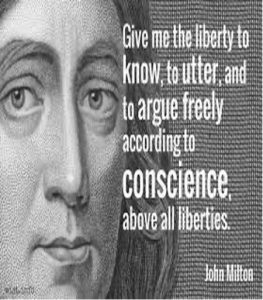
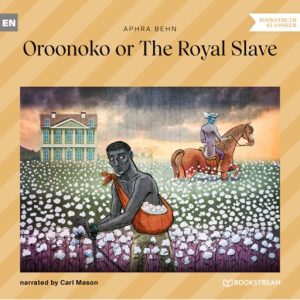
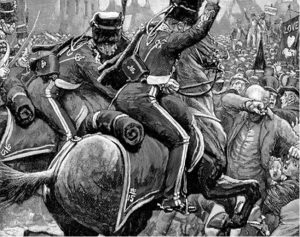
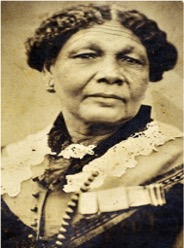
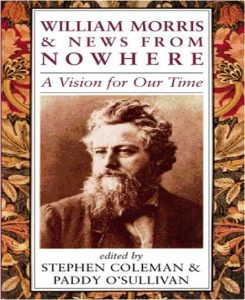
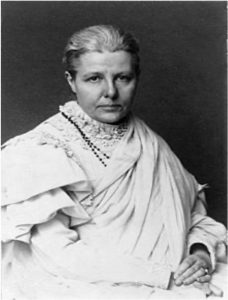
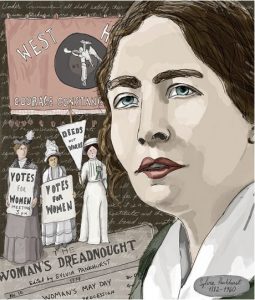
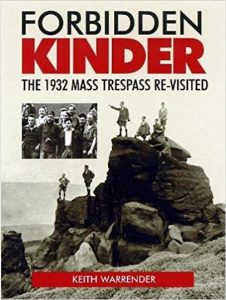


Leave a Reply